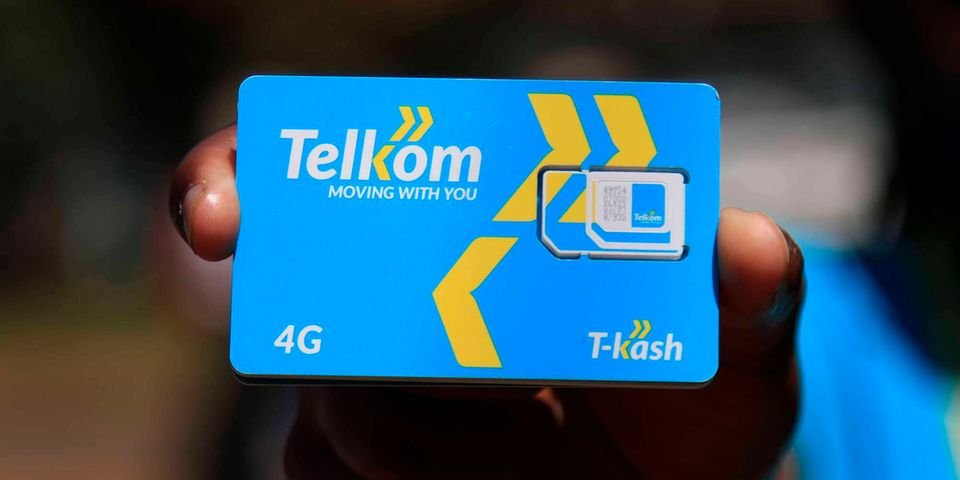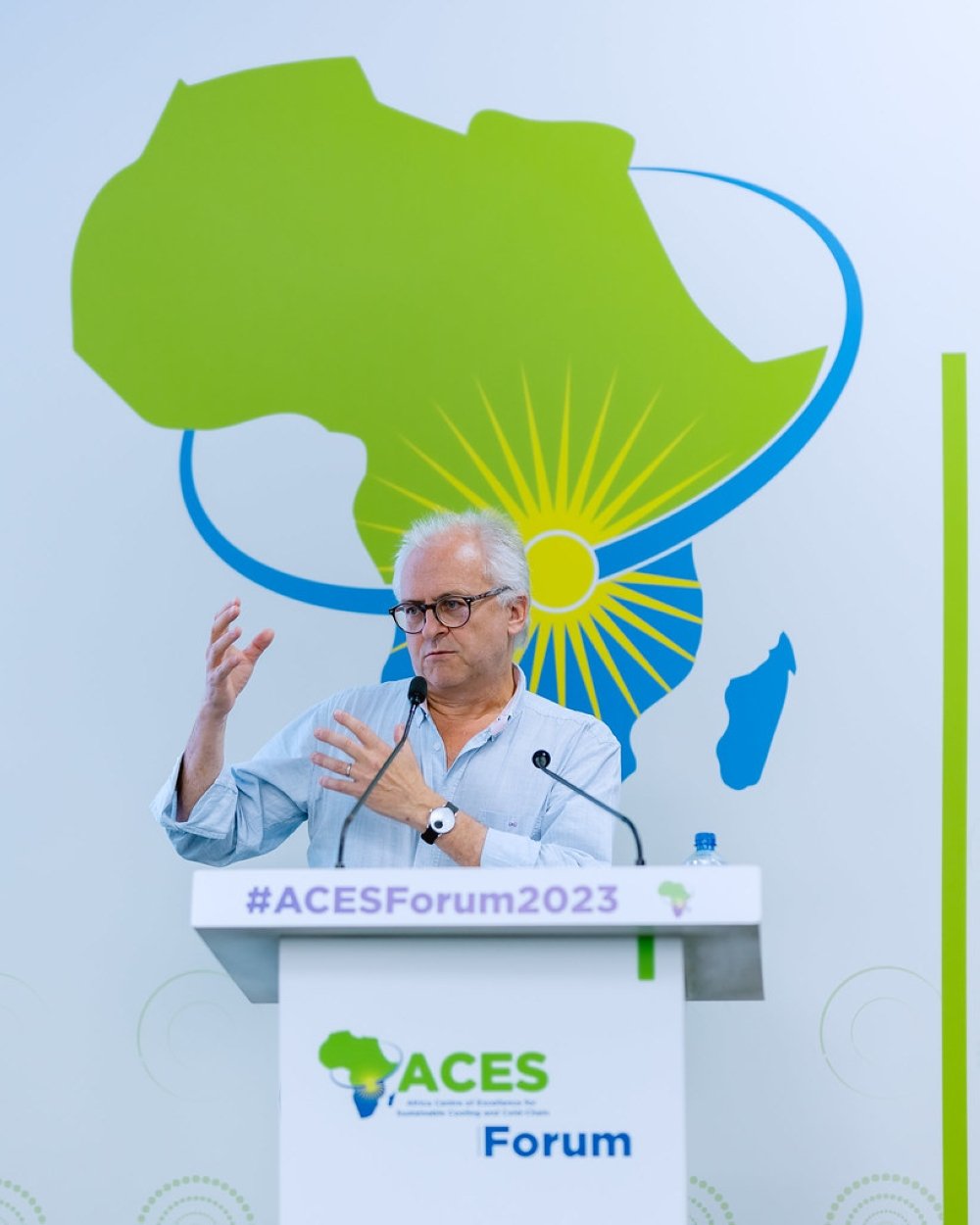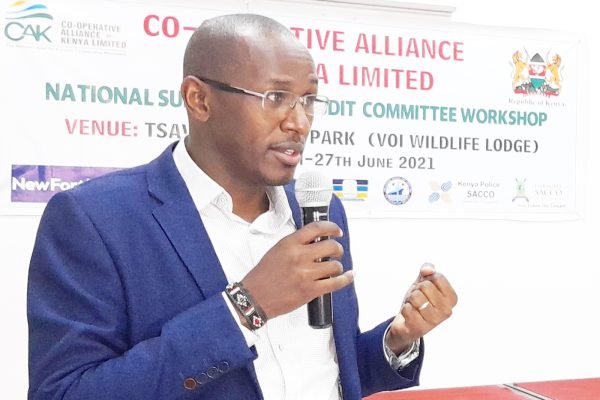|
Getting your Trinity Audio player ready... |
Telkom Kenya has slipped from its long-held position as the country’s third-largest mobile operator, overtaken by Finserve’s Equitel after years of service outages, mass disconnections, and mounting subscriber losses.
Fresh data from the Communications Authority of Kenya (CA) shows Telkom’s active mobile subscriptions dropped to 868,788 by June 2025—a nearly 40% plunge from about 1.4 million the previous year. In contrast, Equitel rose to 1.5 million subscribers, cementing third place behind market leader Safaricom (49.9 million) and Airtel (23.7 million).
The sharp decline highlights the heavy price of network instability in a sector where scale drives competitiveness. Telkom’s troubles trace back to 2023, when American Tower Corporation (ATC) disconnected nearly 900 of its masts over unpaid lease fees of KES 7.1 billion ($55 million). The mass switch-off caused a coverage collapse, which Telkom later admitted had severely degraded service nationwide. Safaricom and Airtel absorbed most of the migrating customers.
The CA’s 2023/24 Quality of Service (QoS) report further underscored the crisis, awarding Telkom just 55% in end-to-end drive tests, well below the 80% regulatory threshold. By comparison, Safaricom scored 86% and Airtel 80%. Frequent call failures and unreliable data services accelerated customer defection.
Unlike its rivals, Telkom lacks a strong mobile money ecosystem to cushion its decline. Its T-Kash platform commands virtually zero market share, while Safaricom’s M-PESA and Airtel Money dominate with more than 99% of transactions.
Telkom’s fall to fourth place now jeopardizes its ability to raise capital or attract a strategic partner capable of funding the 4G and 5G upgrades it desperately needs. A government buy-back once touted as a route to stability has also stalled.
Still, Telkom retains valuable infrastructure assets. The operator owns over 4,000 kilometres of terrestrial fibre and manages stakes in several undersea cable systems—including TEAMS, LION2, EASSy, DARE-1, and PEACE—alongside data centres and landing stations. These holdings offer potential leverage should Telkom seek reinvention in Kenya’s fast-moving telecom sector.








